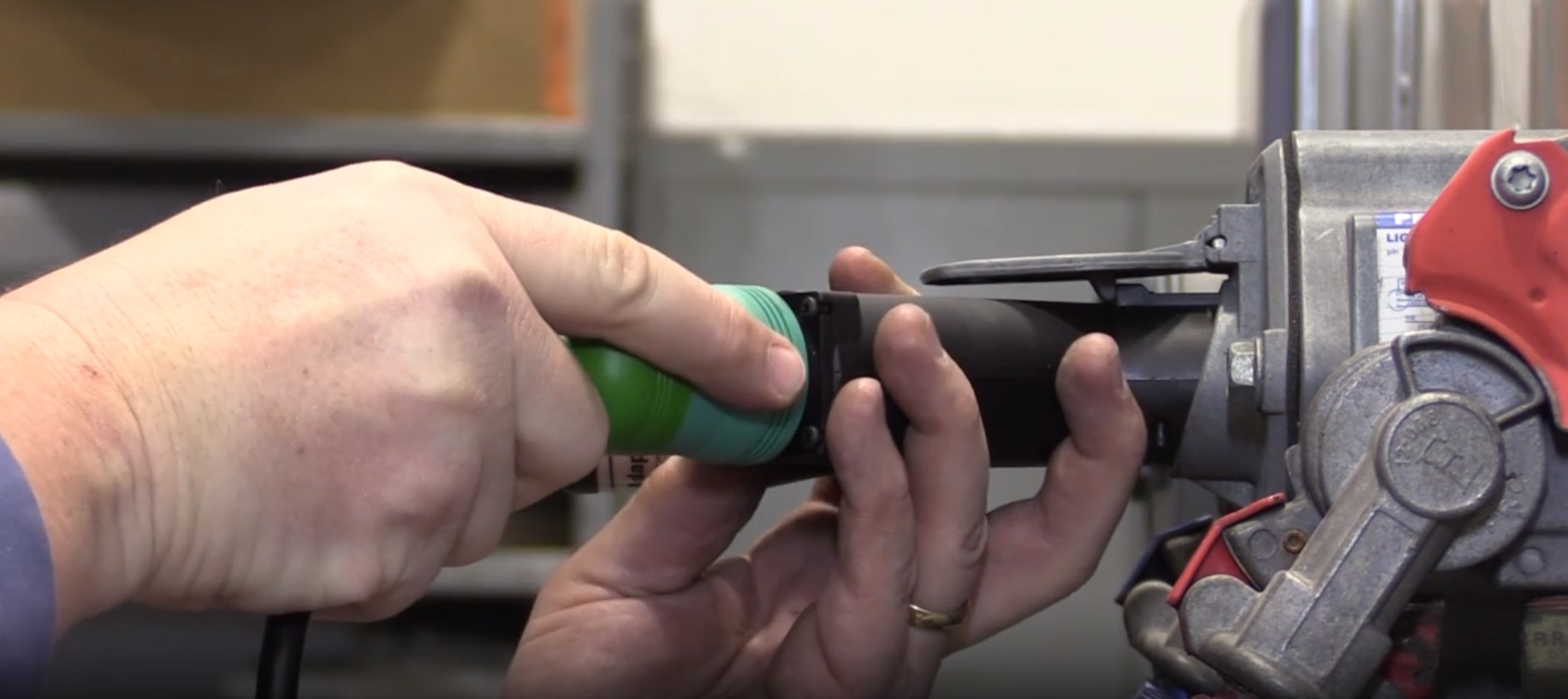by Ed Sunkin, editor
With fuel prices hovering around $4 a gallon, Americans are driving less. In fact, U.S. Department of Transportation (DOT), figures released in May showed that in March of this year, the country saw its steepest decrease in driving ever recorded.
When compared with March 2007, Americans drove an estimated 4.3% less — translating to 11 billion fewer miles. The DOT’s Federal Highway Administration (FHWA) called it “the sharpest yearly drop for any month in FHWA history” — which is significant, since records have been kept since 1942.
While some drivers have opted to travel less, others have tried to reduce their speeds when traveling, or carpool when possible.
And, some Americans have turned to public transportation. According to the American Public Transportation Association (APTA), ridership increased by 2.1% in 2007, due in part because of higher fuel prices. The APTA said that in 2007, Americans took 10.3 billion trips on public transportation, the highest level in 50 years, and ridership on public transportation is expected to increase this year, as well.
We have all seen how high fuel prices has affected American’s cost of living. In the last 18 months, gas prices have climbed close to $1.45 a gallon and has had a deep impact on vehicle owners. But, the fuel price increases have also raised the costs of our food and other goods purchased.
It’s affected many industries that rely on the transportation and processing of raw materials (such as paper for the Tomorrow’s Technician magazine), fuel and fertilizers for farmers, and additional surcharges by the airlines for business travelers.
It’s also affecting independent automotive repair shops and dealerships, as parts distributors are beginning to add fuel delivery surcharges to parts being delivered to these repair facilities.
These costs will obviously be passed on to the vehicle owner. And one thing is for certain, the customers of repair shops and dealership service centers aren’t in a good mood about the fuel prices or the need to change their driving habits.
These days, there’s a lot of blame being tossed around during conversations in the coffee houses and diners, offices and other social gatherings on why we have seen fuel prices jump.
Some blame the federal government, saying conservation measures that began in the late 1990s were tossed out during the Bush administration. Gas that was selling for about $1.69 a gallon in May 2001 is now costing $3.95 a gallon. Some believe that had Congress been allowing greater tax incentives for hybrids and other high fuel mileage vehicles, rather than tax write-offs of up to $100,000 for the heaviest and least fuel-efficient SUVs and pickups, fuel conservation practices would have been more prevalent.
Others blame Congress for not allowing oil drilling in parts of Alaska or off coastal waters in the southern part of the country as a cause for higher prices here at home. “It’s our land, it’s our oil,” claim the most outspoken on the issue.
Some lay the blame our Saudi “friends,” who, when asked by President Bush in late April and again in May to “open up the spigots,” flat out refused his embarrassing groveling. Currently, Saudi Arabia pumps 9.45 million barrels a day, which is about 2 million barrels below its capacity.
Blame has also shifted to the oil companies, who claim that they can’t increase production due to a limited number of refineries. Yet, when asked at a House hearing in April whether they wanted to build a new (U.S.) refinery, top executives of the five largest oil companies all responded “no.” New refineries, however, are popping up in China, India and the Middle East, so global refining capacity is on the rise.
Add the fact that the oil companies are provided tax windfalls to help domestic manufacturing and other oil research, exploration and production, many Americans are not too fond of the oil companies these days.
And finally, some, like myself, blame Bush for not getting his hands on a magic wand to remove the nation’s problems.
“There’s no magic wand to wave right now,” Bush said in late April. “If there was a magic wand to wave, I’d be waving it, of course,” he said, adding, “It took us a while to get into this fix.”
Yes it did, Mr. President. About eight years, now. Which is why it’s time for the nation to elect leaders this fall who have the foresight to provide real energy plans for the nation’s future and provide some relief to patrons at the pump.


